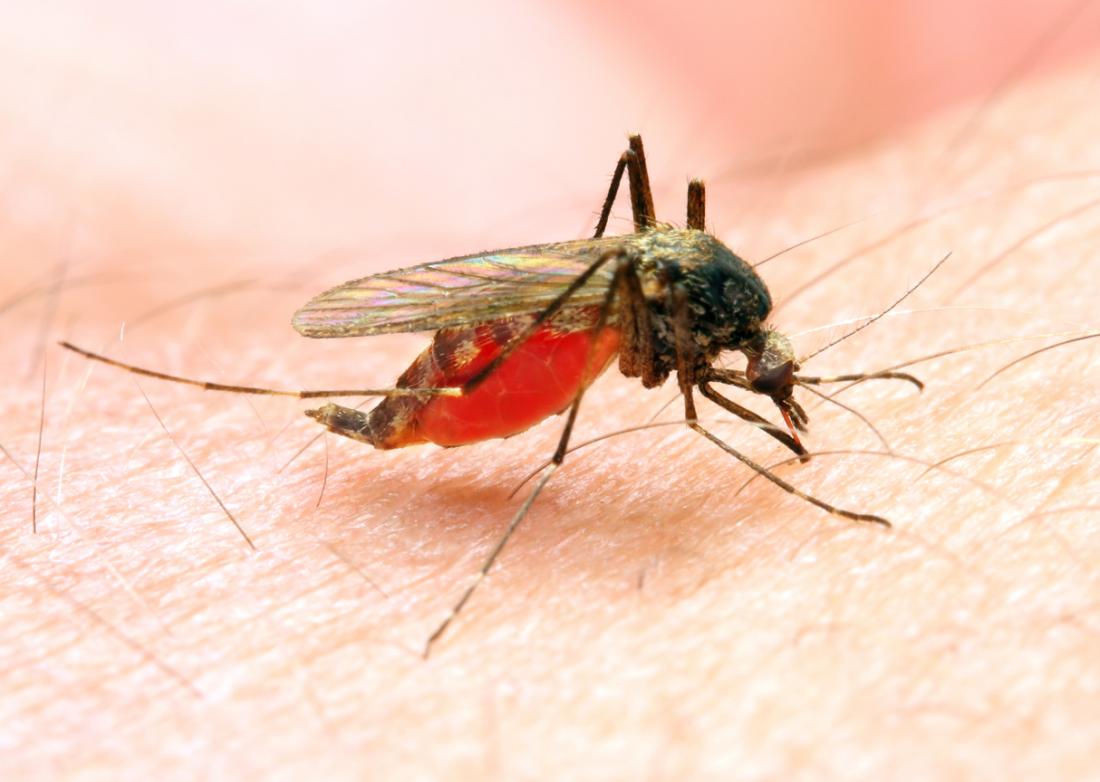
Experts warn of public health threat after discovery of parasite ‘resistant to artemisinin’

Researchers warned that Africa faces a major public health threat following a discovery that the parasite that causes malaria was able to resist treatment by artemisinin – a drug commonly used in the fight against the disease.
The results were published by Nature, a weekly journal of science, following the analysis of blood samples from patients in Rwanda.
Artemisinin and its derivatives are strong medicines known for their capability to quickly reduce the number of Plasmodium parasites in the blood of patients with malaria.
A team of scientists from the Institut Pasteur, working together with the National Malaria Control Program in Rwanda, the World Health Organization, Cochin Hospital and Columbia University led the research.
According to the study, a specific mutation of the parasite which is resistant to artemisinin was discovered in nearly 8 percent (7.4 percent) of patients observed at one of the health centres.
A mix of two drugs, artemisinin and piperaquine, is what is mainly used to treat malaria.
“In addition to the risk of imported resistance, the likelihood of resistance emerging locally in Africa has increased in areas where control measures have reduced the disease transmission intensity,” the study said.
The study said that there was increasing concern of resistance to artemisinin (ART) derivatives which was now widespread in parts of South East Asia. Resistance to partner drugs piperaquine and mefloquine was also common in the aforementioned area.
Medical experts warned that the resistance of malaria parasites to Artemisinin-based combination therapies (ACT) partner drugs can lead to treatment failure.
The study also pointed out that the resistance of parasites to chloroquine and pyrimethamine was suspected to have contributed to millions of additional malaria deaths in young African children in the 1980s.
“Early detection of resistance provides the best chance of minimizing its lethal impact.”
The vast majority of malaria cases occur in Africa and India and are caused by the P. falciparum parasite carried by female Anopheles mosquitoes.
In 2018, there were 213 million malaria cases and 360,000 related deaths in the African region, accounting for over 90% of global cases.






